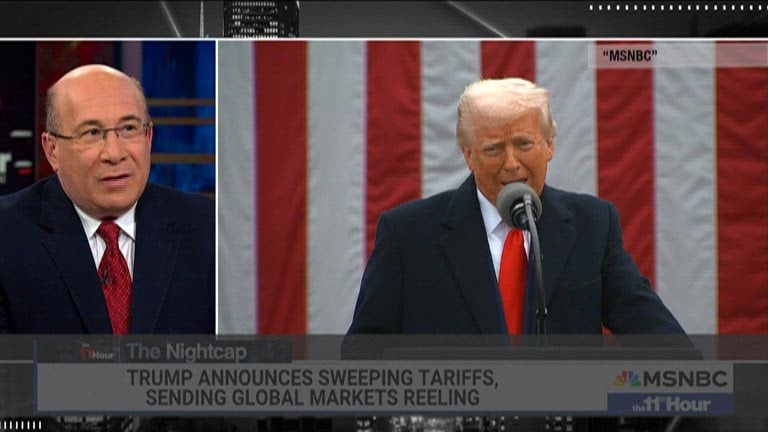President Trump rolls out reciprocal tariffs, raising concerns for U.S. businesses
President Donald Trump has unveiled his long-anticipated plan for reciprocal tariffs, imposing a minimum 10% tariff on imports from trading partners worldwide.

(NBC)- President Donald Trump has unveiled his long-anticipated plan for reciprocal tariffs, imposing a minimum 10% tariff on imports from trading partners worldwide, with even higher rates for dozens of countries. The new tariffs are designed to match the taxes that these countries charge on U.S. exports, a move the White House argues is necessary to balance trade.
“That means they do it to us, and we do it to them,” President Trump stated.
Trump’s administration is particularly targeting countries that charge higher tariffs on U.S. goods, with some nations facing rates of up to 54%. For example, Cambodia is now subject to an additional 49% levy. These tariffs are expected to drive up costs for businesses importing goods, including small businesses. Small business owner Adam Fazackerley, whose company Lay-n-Go manufactures products in China, is among those feeling the effects. His company’s products are now subject to a 54% tariff, and he expects the cost of his next shipment to rise by more than $50,000.
“It’s important to understand the way that this is affecting small business — and it’s not positive,” Fazackerley said.
The new tariffs are part of a broader effort to return manufacturing jobs to the U.S. However, experts warn that American businesses will bear the brunt of these costs, with many likely passing them on to consumers. Products ranging from cars and computers to clothes and groceries could see significant price increases. CNBC Senior Analyst Ron Insana predicts that the average family could face an additional $5,000 in costs each year due to these tariffs. While President Trump has continued to press forward with his tariff policies, Democrats and some top U.S. CEOs are raising alarms about the potential harm to businesses and consumers.



